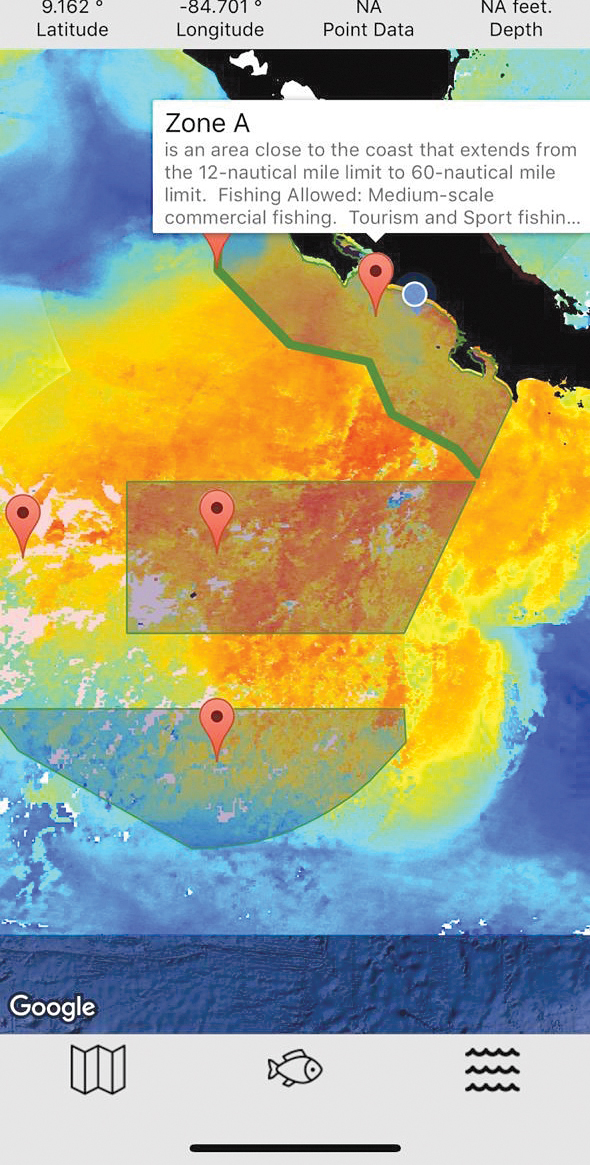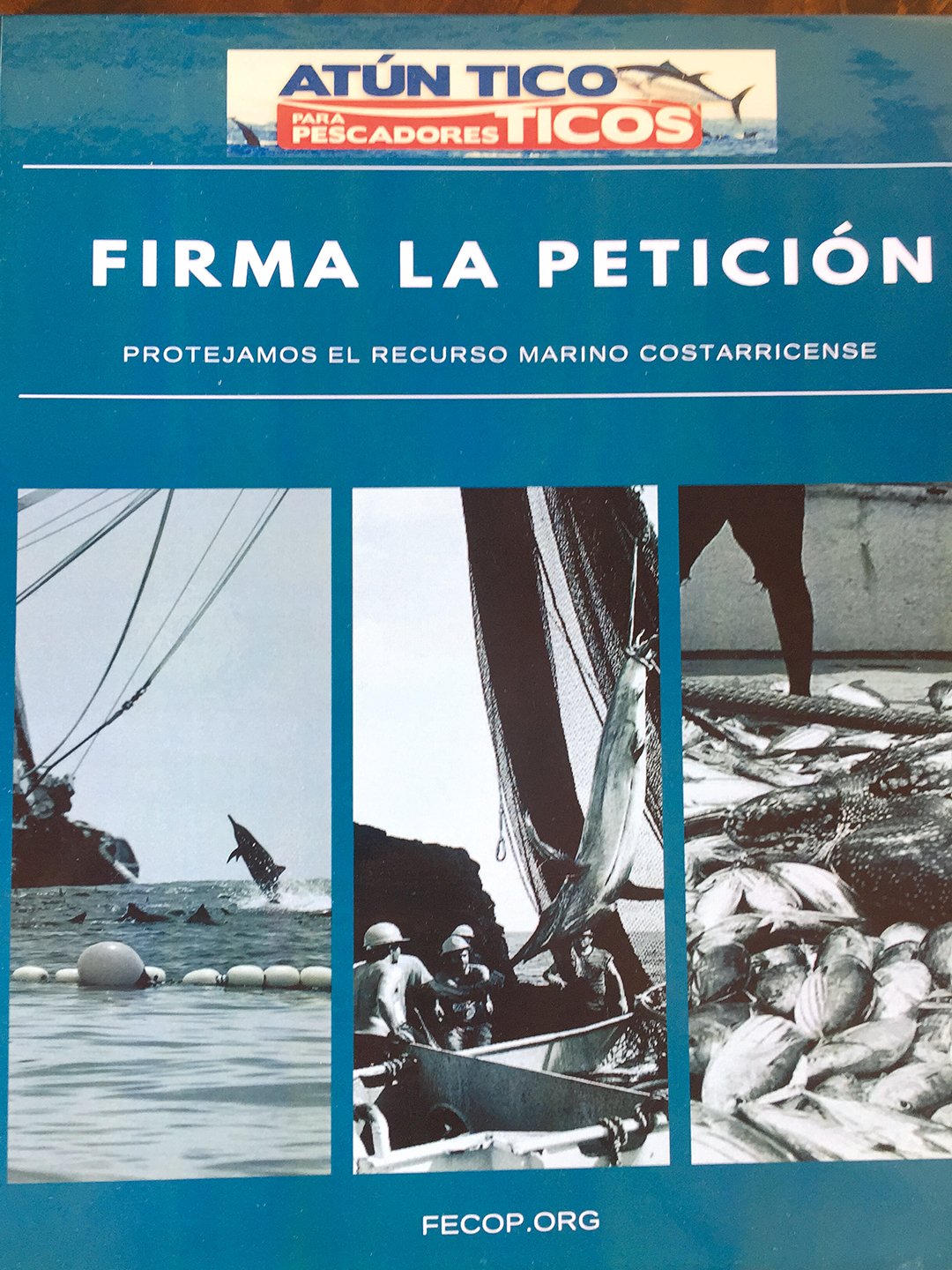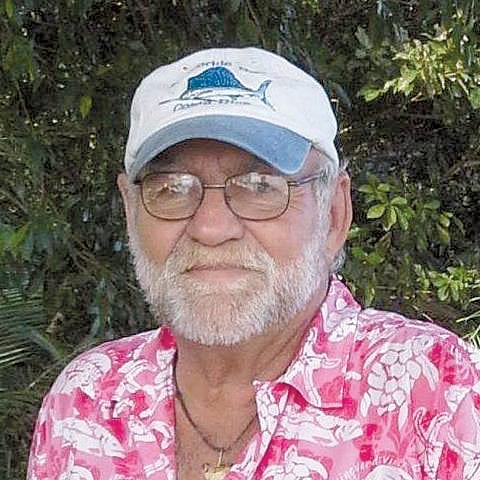Angler’s App Getting Closer to Reality

As part of the activities included in an agreement signed earlier this year between FECOP and Incopesca, Fecop is developing a platform to distribute satellite and model oceanographic information, among other products, to the community. This platform will include a free mobile application and a website where near real time information on the ocean’s surface temperature, concentration of chlorophyll, currents, altimetry, fronts and eddies, as well as bathymetry and other products will be served daily or weekly depending on the product. In addition, important information on the most common fish species will be provided, along with current fishing regulations for all species, interactive maps with the location of fishing zones, national parks and marine protected areas. Information on tides and moons will also be included, as well as a link to Incopesca’s online purchase system for sports fishing licenses. The platform will also be used to reach out to the community with important information and advisories; for example, the start of an El Niño event, the presence of red tides at a particular location, or the start of a fishing ban.
This project represents a big effort from FECOP and Incopesca to produce and serve information currently unavailable to communities in Costa Rica. There is a pressing need to advance our capacity for monitoring ocean conditions and assessing the effects of changes in climate on ecosystem dynamics and fisheries. The results from these activities will contribute to further develop ocean sciences in Costa Rica while ensuring more sustainable fishing practices.
Fishing Logs Showing Positive Trend
Statistics are beginning to show what Anglers on the water already knew. Fish stocks are getting better in areas tuna purse sein boats are prohibited. Purse seiner boats are large foreign vessels that fish Costa Rica waters with nets for yellowfin tuna. Often their bycatch (incidental capture) is marlin, sailfish, wahoo, dorado, sharks, turtles and marine mammals.
In 2014 the Federacion Costarricense de Pesca (FECOP) drafted and later was passed by President Solis, a Tuna Decree that pushed tuna seiners out 45 miles from shore and protected other important areas for a total of 200,000 square kilometers of territorial waters. A study done in 2018 by FECOP analyzed bycatch data from previous observer onboard records of the protected areas and discovered 25 tons of what would have been marlin bycatch were saved. The tuna boats were recently pushed out to 60 miles.
Dra. Marina Marrari Phd, a specialist in marine biology and satellite data spent part of her career working with NASA. She also recently embarked in an ambitious project in analyzing previous catch data from sport fishing fleets.
FECOP has already received thousands of daily fish reports from, Crocodile Bay, Marina Pez Vela, Los Suenos, Club Amateur de Pesca and several private charters like Dragon Fly, and Gamefisher II. Some of the information goes back 20 years or more. She welcomes as many as she can get. In science, the more data, the more accurate the results. Specializing in satellite data, she will also look at historic ocean conditions against catch records with a focus on historic el Nino and El Nina periods.
The analysis of the data is just beginning with only data from the southern zone complete. Working north the Central Pacific is showing similar trends. Some very interesting things are starting to appear. Fishing for pelagic species is much better without purse seiners in the area. It takes a little time to recover but with management fish stocks can recover. Also, preliminary results show El Nino periods affect some species differently. When sailfish numbers are down after an El Nino, marlin numbers are up.
Preliminary results from Pacific Central follow similar patterns to the southern zone, (see graph). Fish stocks are recovering in areas foreign tuna purse sein boats do not operate. This is a good case for stronger controls over this sector. Stronger fish stocks will allow Costa Rican commercial fleet to fish profitably with more selective gear like green sticks reducing incidental catch of species of interest to the sport fishing industry which generates over $500 million annually to the Costa Rican economy.
Help Needed in Tuna Campaign

Many of the places where Costa Angler Magazine can be found already have them, if not we will be happy to send on. Anyone who is involved in a business that serves sport fishing tourists should have one. Hotels, restaurants, transportation services that cater to fishermen are all part of the equation. To get one sent to you email, todd@fecop.org or call FECOP office 2291-9150
Todd Staley has managed sportfishing operations in Costa Rica for 25 years. He has been involved with FECOP since its inception and is former President of the group and was co-recipient of IGFA’s Chester H. Wolfe award in 2015 for his conservation efforts in Costa Rica. He is currently Fishing Columnist for the Tico Times and works full-time with FECOP as Director of Communications. Contact Todd at todd@fecop.org

